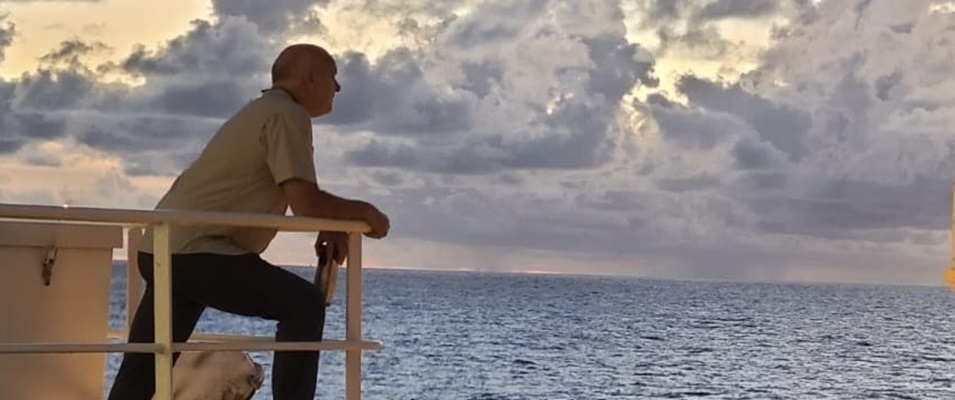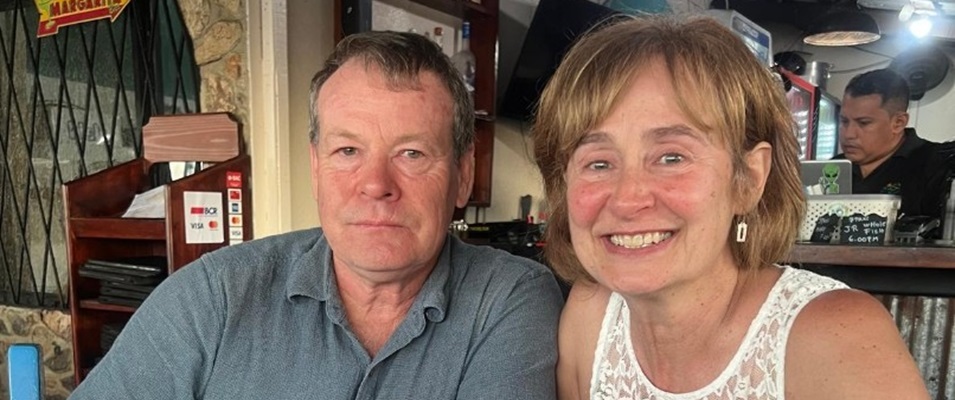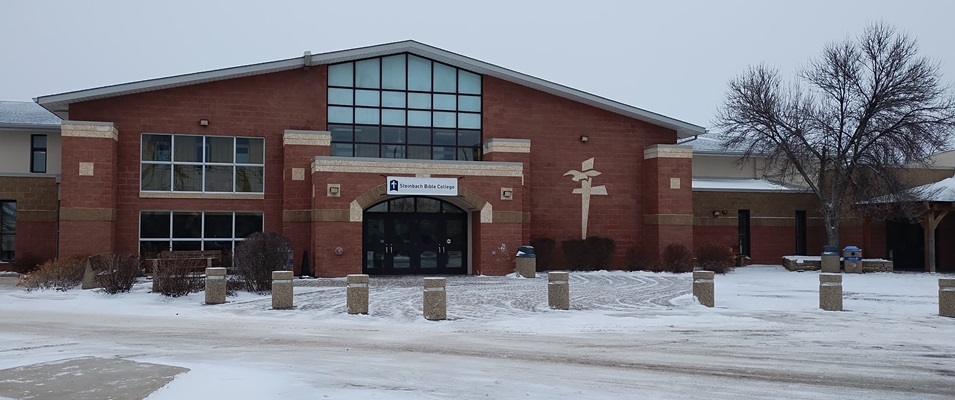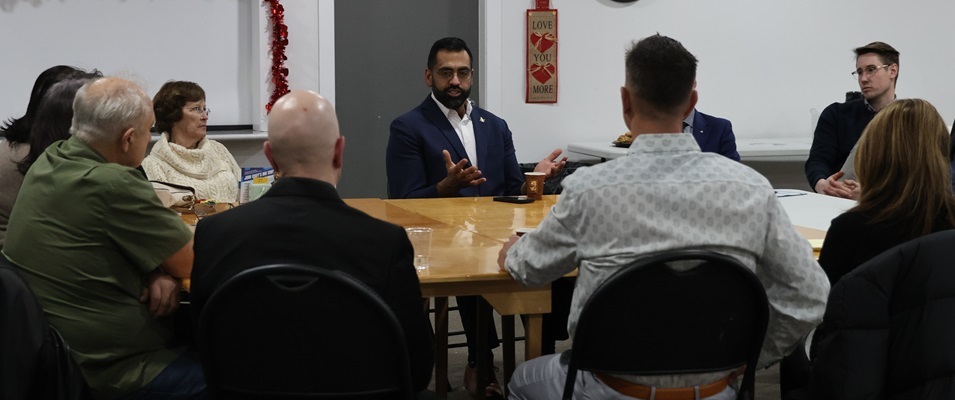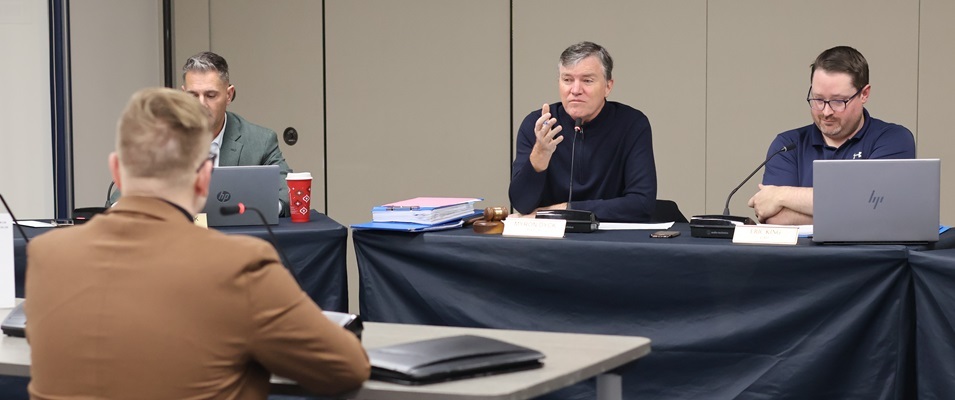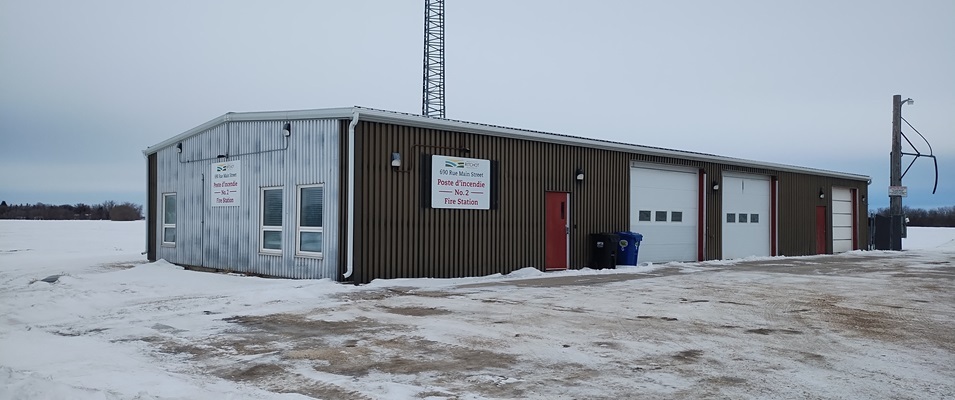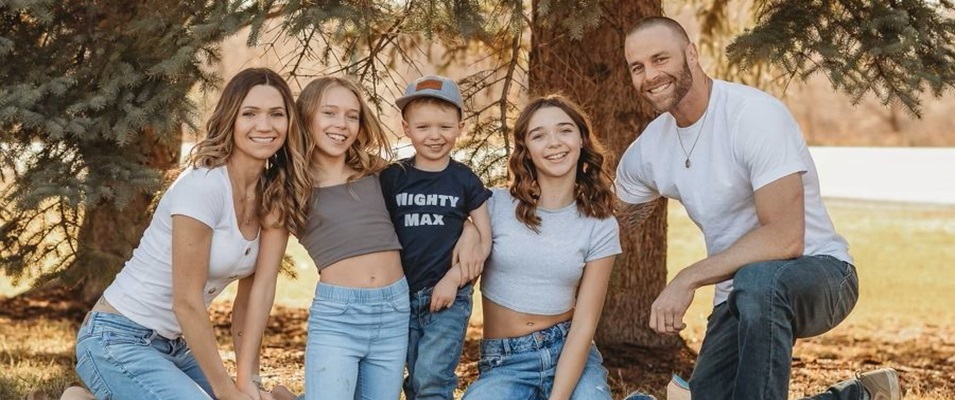
For one family and all who know them, September 27, 2024 marks a day of unspeakable heartbreak and grief. It was the day young Maxwell Arthur Kenneth Bilodeau lost his battle with cancer at just four years of age.
But Mighty Max, as he became affectionately known by his family and healthcare team, left behind a legacy that, in some ways, is more profound than many leave behind in an entire lifetime.
Few feel the pain of loss as succinctly as his parents, Paul Bilodeau and Whitney Campbell, and Max’s two older sisters, Maya and Ella. But it’s the joy Max exuded in life that makes the darkness left by his void more endurable.
No matter how tough things got for Max, it was Max who was the encourager and strength.
“He didn’t really like people being sad for him,” Paul says. “He’d say, ‘Why are you sad? Don’t be sad.’ What he was going through didn’t seem to matter. What he was concerned with was what everyone else was feeling.”
Friends and family, too, were moved by the young lad’s level of compassion for someone his tender age.
“I don’t know if it’s because of what Max went through, but the whole time he was just so caring and empathetic and loving,” Paul says. “People would buy him gifts and he would remember exactly who had given him what—and whenever they were over, he would bring out those gifts and play with them with that person. He was just an absolute joy. A wonderful boy.”
Max was born on February 21, 2020 and was a pretty normal child in his earliest years. He had a heartwarming sense of humour that occasionally resulted in mischief and prank-playing.
He was a latecomer, six years younger than his youngest sister. He was also the son Paul and Whitney had secretly hoped for when they decided to have another go at pregnancy.
Sadly, just weeks from Max’s second birthday, he began to demonstrate bouts of unwellness. His symptoms included occasional nausea and throwing up. At first, his parents attributed it to flu season.
In March 2022, the entire family tested positive for COVID-19. For Max, this resulted in an intense fever. Even after fighting it off, his unwellness persisted. But visits to Max’s paediatrician and subsequent blood tests showed nothing of concern.
The symptoms worsened. Max’s sleep was disrupted by terrible night terrors, and during the day he was lethargic and unable to hold his head up properly.
More aggressive testing followed.
“We weren’t able to get the CT scan one day because he wouldn’t sit still for it,” Paul says. “They gave him some sedation, but it didn’t work.”
Eventually the boy settled, allowing for the test.
On Mother’s Day 2022, Paul and Whitney sat down to receive the worst news imaginable: Max had an extremely rare and aggressive brain cancer called choroid plexus carcinoma. It manifested as a large tumour on the boy’s brain.
It was a diagnosis no one saw coming, including the specialists who’d been seeing him.
“He underwent emergency surgery basically two days later,” Paul recalls. “We had a spiritual councillor come in and they were praying. The surgeons both came out one at a time and said, ‘It’s not looking good.’ He was losing a lot of blood and they called in an adult aneurism specialist. At the time, they had only had a small part of the tumour taken out and were now just trying to control the bleeding. They were basically going to just sew him back up if they could get the bleeding under control.”
For Max’s family, those waiting room hours were interminable.
The surgeons got the bleeding under control, but it took thirteen units of blood to accomplish it. According to Paul, that was more blood than any child had ever been given without resulting in heart failure.
In the end, the surgeons were also able to remove approximately ninety percent of the tumour. Max’s remarkable survival from this difficult surgery would be the first of many demonstrations of his resilience and fighting spirit.
He spent the next five days under close observation in the intensive care unit.
“They were keeping him sedated to make sure he didn’t hurt himself,” says Paul. “But he was moving his arms and legs, waking up out of sedation. They called him sedation-proof because they kept having to up the levels.”
When it came time to remove Max from sedation, though, he refused to immediately respond. According to Paul, Max would be the one to determine when his body was ready to wake from its deep healing state.
In the coming weeks, Max continued to defy the odds.
“They weren’t sure if he’d ever walk again. No one knew what to expect, but he ended up being quite a miraculous little healer. It was very inspirational.”
In a record four weeks’ time, Max relearned all the motor skills he’d lost, including walking, talking, eating, and playing.
In the meantime, the tumour was sent away for testing. Results showed it to be malignant.
Aggressive chemotherapy followed, during which time Paul and Whitney saw little improvement in his condition. After four months, he was moved to a lower-dose regimen to complement cannabis therapy, a practice encouraged by Max’s oncologist.
At this point, the family finally began to regain hope for his full recovery.
“He really started taking off intellectually and just made up for lost time,” Paul says. “It was quite miraculous.”
On Easter Monday 2023, almost a year after the sobering diagnosis, Max rang the bell at the cancer treatment centre, indicating that he was officially in remission.
That summer, his improvements continued to astound. The Dream Factory, a Manitoba-based organization helping children with life-threatening illnesses, stepped in to fulfil one of Max’s wishes.
They presented Max and his family with a camping unit, allowing them to spend their summer weekends making the most of their return to normalcy.
“It was Max’s camper and he was quite proud of it,” Paul recalls. “It was a really nice summer. 2023 was a really good year.”
The return to normal continued into the fall when Max enrolled in preschool and began building new friendships.
But that spring, after a routine MRI, the family’s worst nightmare resumed.
“When the cancer came back, that was pretty hard to take. The doctor had made it pretty clear that if it came back, there wasn’t much they could do.”
Unwilling to abandon hope, Paul and Whitney found an alternative treatment centre called the Burzynski Clinic in Texas. According to clinicians there, a patient with a similar cancer diagnosis had been successfully treated.
The key difference for Max was that his cancer had a mutation which defied most types of treatment to date.
“If he didn’t have that mutation, there was like a ninety percent chance of survival. He’d probably be with us today still.”
Even so, the family decided to give it their best shot. Accompanied by Paul and the boy’s grandfather, Max showed strong improvement during those weeks in Texas. He gained weight and his energy levels increased dramatically.
Unfortunately, heading south of the border meant Max’s cannabis therapy had to stop.
Three weeks in, Paul received a call from their Canadian oncologist. Max had been approved for an immunotherapy treatment back home.
The trio returned, but Max’s positive response to treatment didn’t. For Max, it was the beginning of the end.
“I guess all of his miracles were used up at that point,” Paul reflects.
Eventually, he and his wife brought Max home to complete his time in palliative care. The couple’s two daughters handled the nightmare with grace and maturity, Paul says.
There were ups and downs during these days, times when Max was cheerful and cracking jokes and others when life was almost too difficult to bear.
“We are very fortunate to have a loving and supportive family. They visited on almost a daily basis, bringing food and holding Max’s hand. He was very loved. All of the doctors were very impressed with how much love and care he got.”
In late September, Max took his final breath.
To other families going through similar trials, Paul offers two pieces of advice: never give up hope and don’t ever take for granted the lives of those you love, no matter their age.
On October 12, friends and family surrounded Max’s family at a celebration of life. Many were current or former residents of Ste. Agathe where Paul’s relatives lived. It was the ancestral home of his paternal grandparents and a place Paul visited often as a child.
In spring 2023, Paul and his father purchased the tiny church in Sperling, Manitoba when it went up for sale. The building had rich historical relevance for them. Paul’s grandparents were the first to have been married there. Paul’s great-grandfather had helped build the steeple.
The church became a prayer retreat for the family as they sought healing. With Max gone, Paul imagines the church, once renovated, will provide similar spiritual peace to others.
“Maxwell loved coming out there,” Paul says. “I built a scaffolding onto the spire and Max helped me put the last few pieces on it. He climbed up to the cross on the wooden scaffolding quite a few times. He called it a castle tower, so it’s going to be named Maxwell’s Castle Tower.”
Since Max’s passing, Paul and Whitney have become dedicated blood donors. They would like to encourage others to do the same.





